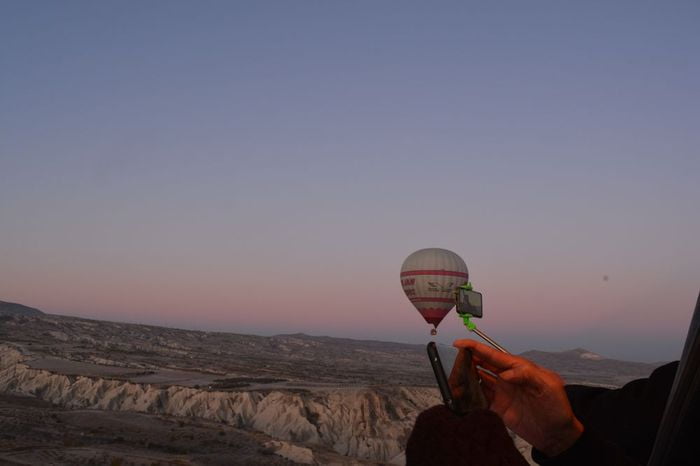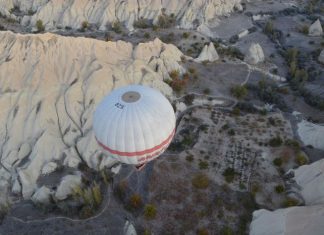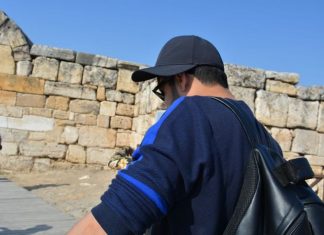Ups and downs
When the Second Constitution was promulgated in 1908 at the joint instigation of the Young Turks and the Committee of Union and Progress and Sultan Abdulhamid U was deposed, Zonaro`s entire life and livelihood were threatened and he viewed the development with profound regret. Although he tried to remain politically neutral during this period, like many Palace officials he was shunted aside as an artist and scorned, and in the end was forced to leave the city.Zonaro left Istanbul and returned to Italy where he spent his remaining years at San Remo. Continuing his work as an artist right up to his death in 1929, he created hundreds more works but he never forgot his beloved Istanbul.
Zonaro and the depictions of the conquest
The first painting in the series depicts the Mehmed the Conqueror preparing to take the city. A giant cannon, operated by two hundred canoers and pulled by twenty water buffalo, has been installed in front of the city walls, a scene that sufficed to strike fear into the hearts of the Byzantines.Making drawing after drawing, Zonaro made and ripped up drafts, a process he describes in his memoirs, which were turned into a book, `Twenty Years in the Rule of Abdulhamid`: “I had to
Faith and stone in adana
Bands of adana and cilicia offer cultural treasures as rich as their cuisine and natural beauty.There is no doubt that religions are a major contributor to any cultural legacy. As one of the leading centers of the Middle East, where has been cradle for many faiths, the Adana area is also home to some of its most monumental temples. Fed by the Seyhan and Ceyhan Rivers of the Taurus Mountains, Cukurova is one of mother earth`s most fertile children, and Adana, with its coast on the Eastern Mediterranean, a center of civilizations. With its religious venues, Adana also offers a strong potential for faith tourism.
Ferhattepe church
This building, which dates to the Byzantine period, is a typical example of rural churches in the middle Ages. Worn down by the depredations of time, only its ruins remain today.
Yag mosque
One of Adana oldest mosques, the Yag Cami, or Oil Mosque, was built in the period of the Ramazanogullari Beylik, which had a major impact on the city`s history. Originally the Church of St. Jacques, the building was converted into a mosque by Ramazanoglu Halil Bey in the early 16th century.The madrasa complex was added by Piri Pasa during the Ottoman period when the mosque underwent a series of repairs. Distinguished by the `muqarnas` plaster work on its courtyard gate, the Yag Cami exhibits four row of columns on the interior. Its architecture and importance captured the interest of the famous traveler Evliya Celebi, in whose `Travel Book` it is remembered as the Eski Cami, or Old Mosque.
Read More about The Selfish Giant part 1








